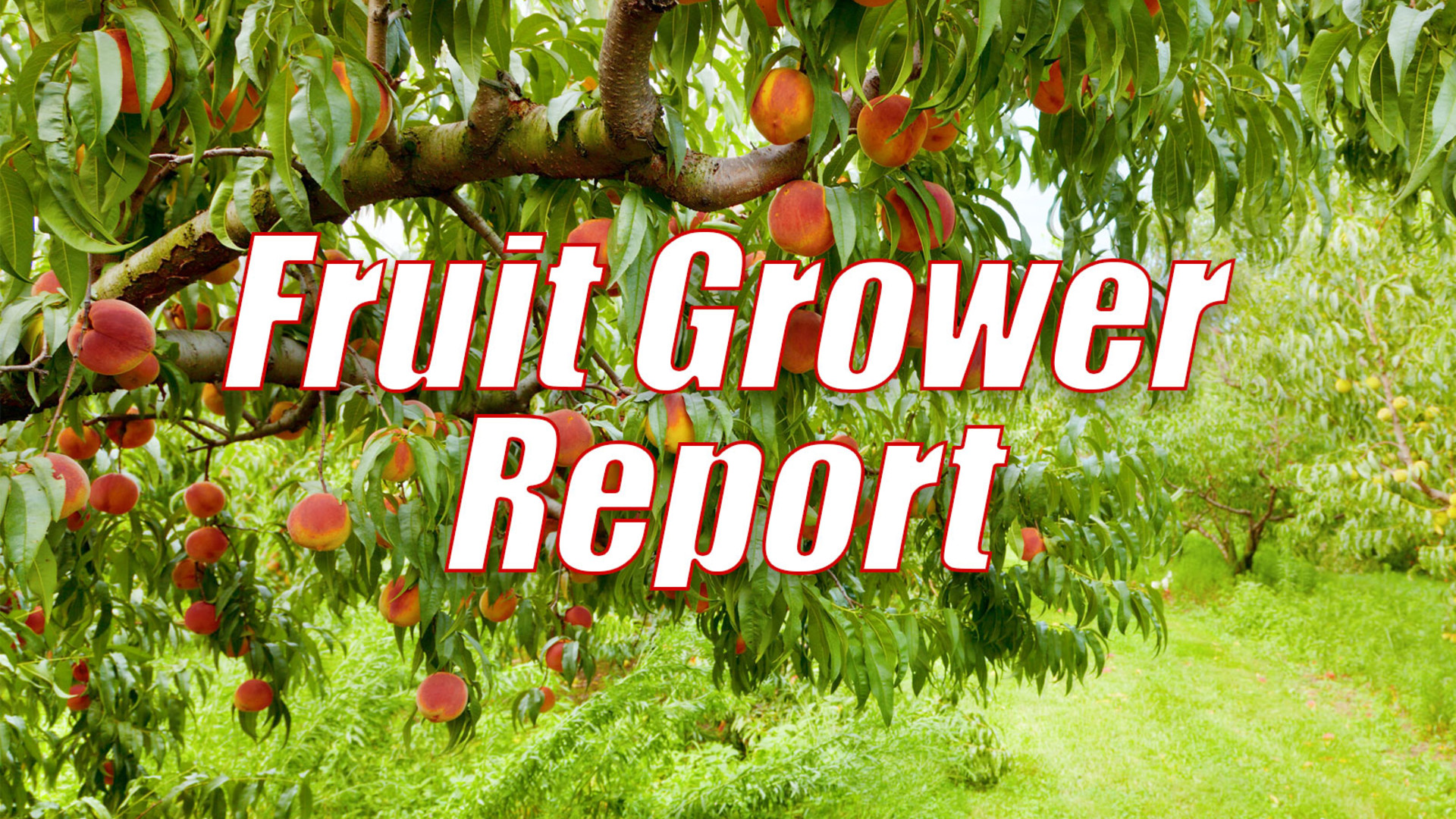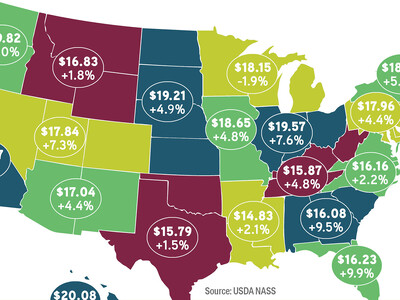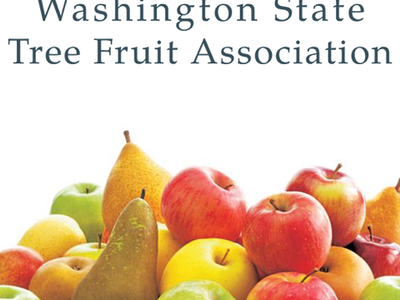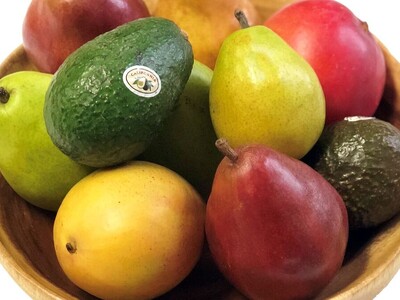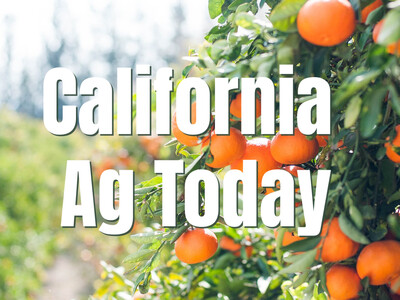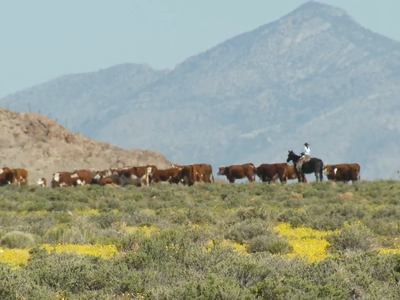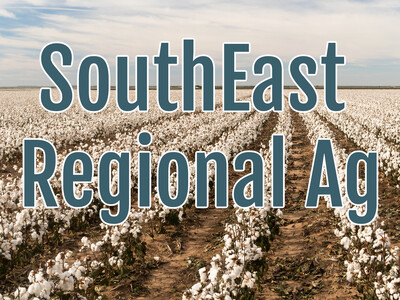The Importance of Bee Health
The Importance of Bee Health. I’m Greg Martin with today’s Fruit Grower Report.
Bees are small wonders and without them many crops would not be possible. Bayer Crop Science’s Bill Hairston - Director of Product Development for Seed Treatment talks about supporting and maintaining bee health.
HAIRSTON: Bees play a very vital role as pollinators for the crops that feed our families and it’s been estimated that about one-third of the human diet comes from insect pollinated plants and from the growers perspective more than 15-billion a year in U.S. crops are pollinated by bees so they are very important.
Hairston discusses the declining bee populations.
HAIRSTON: Well it’s a very complex topic that most believe involve multiple factors. There’s a clear correlation with varroa mites and deteriorating bee health. They have become more prevalent in recent years as they’ve become resistant to some of the products used to control them. And there are numerous diseases that include fungal and viral causes that are involved and some of those can be spread by the mites.
And he talks about what farmers can do to help protect and promote bee health.
HAIRSTON: Seed treatments have made a big difference in reducing the impact pests have on crops. They limit overall insecticide exposure to bees and other pollinators because of the low rates and very precise placement on the seed especially when you compare them to other forms of application like foliar applications. Having said that, it’s very important seed treatments still require proper management and they must be used responsibly. We have worked with our industry partners to put together stewardship recommendations to help users maximize the benefits of seed treatments while reducing the negative impacts.
That’s today’s Fruit Grower Report. I’m Greg Martin on the Ag Information Network.


